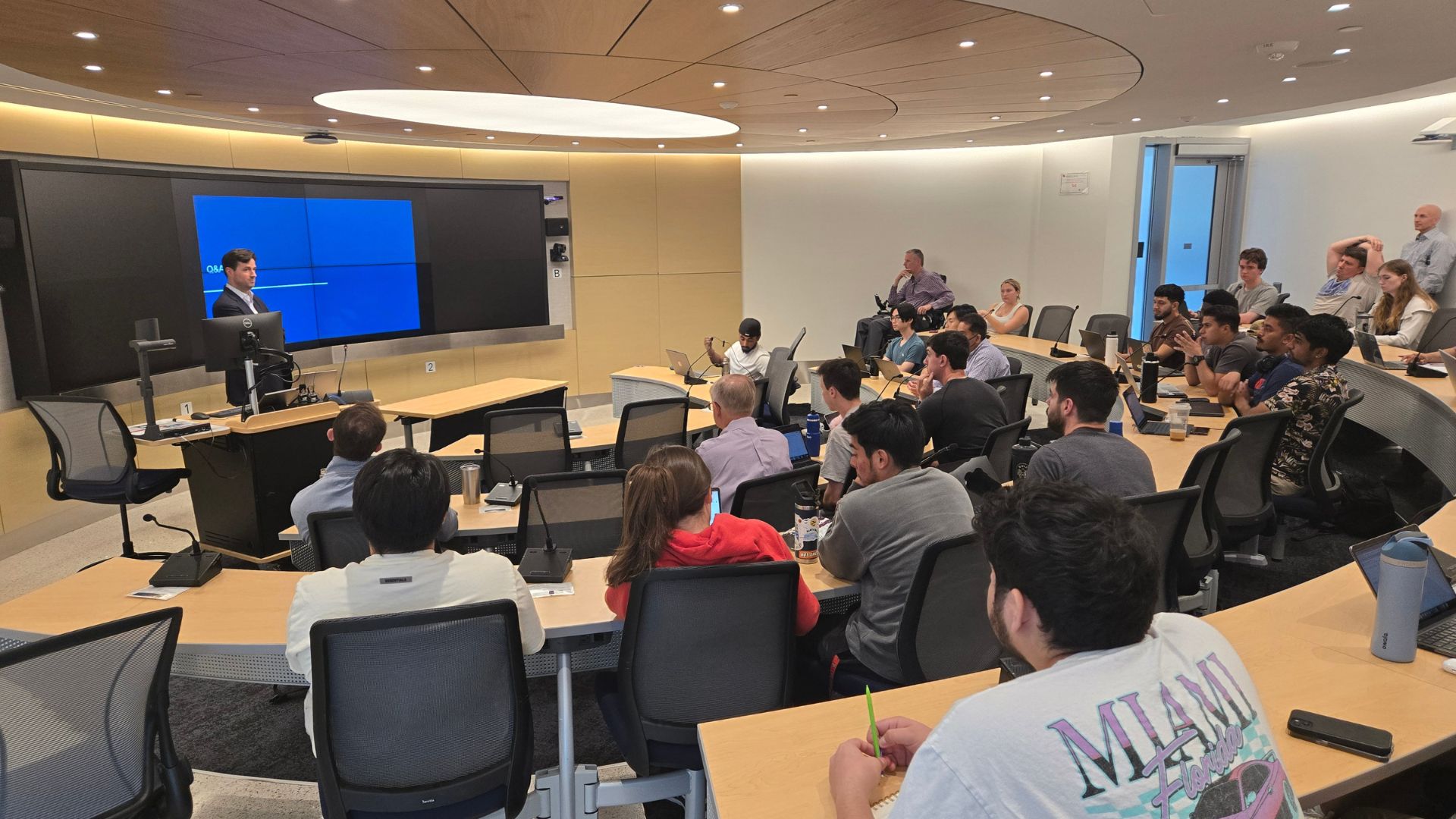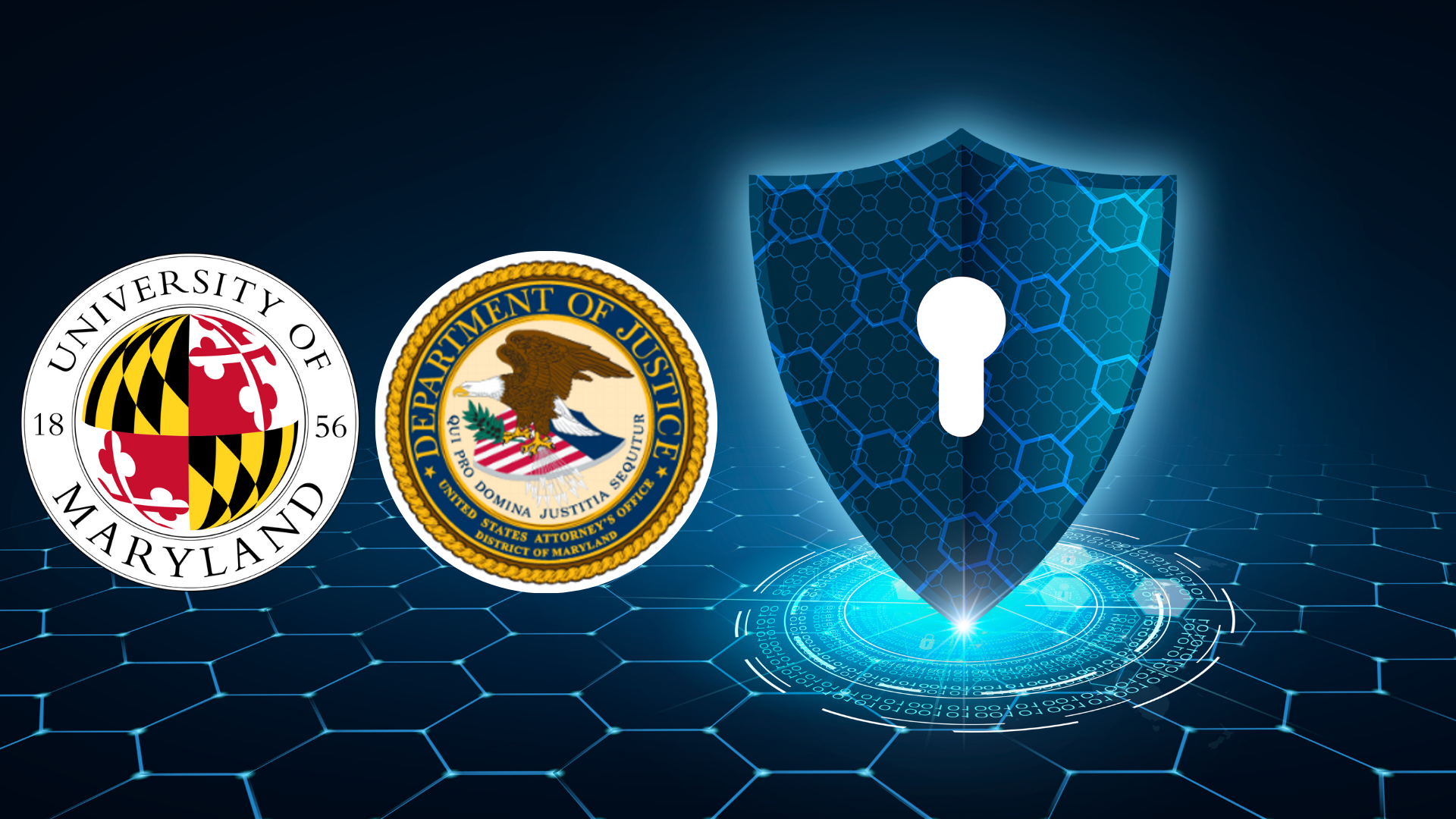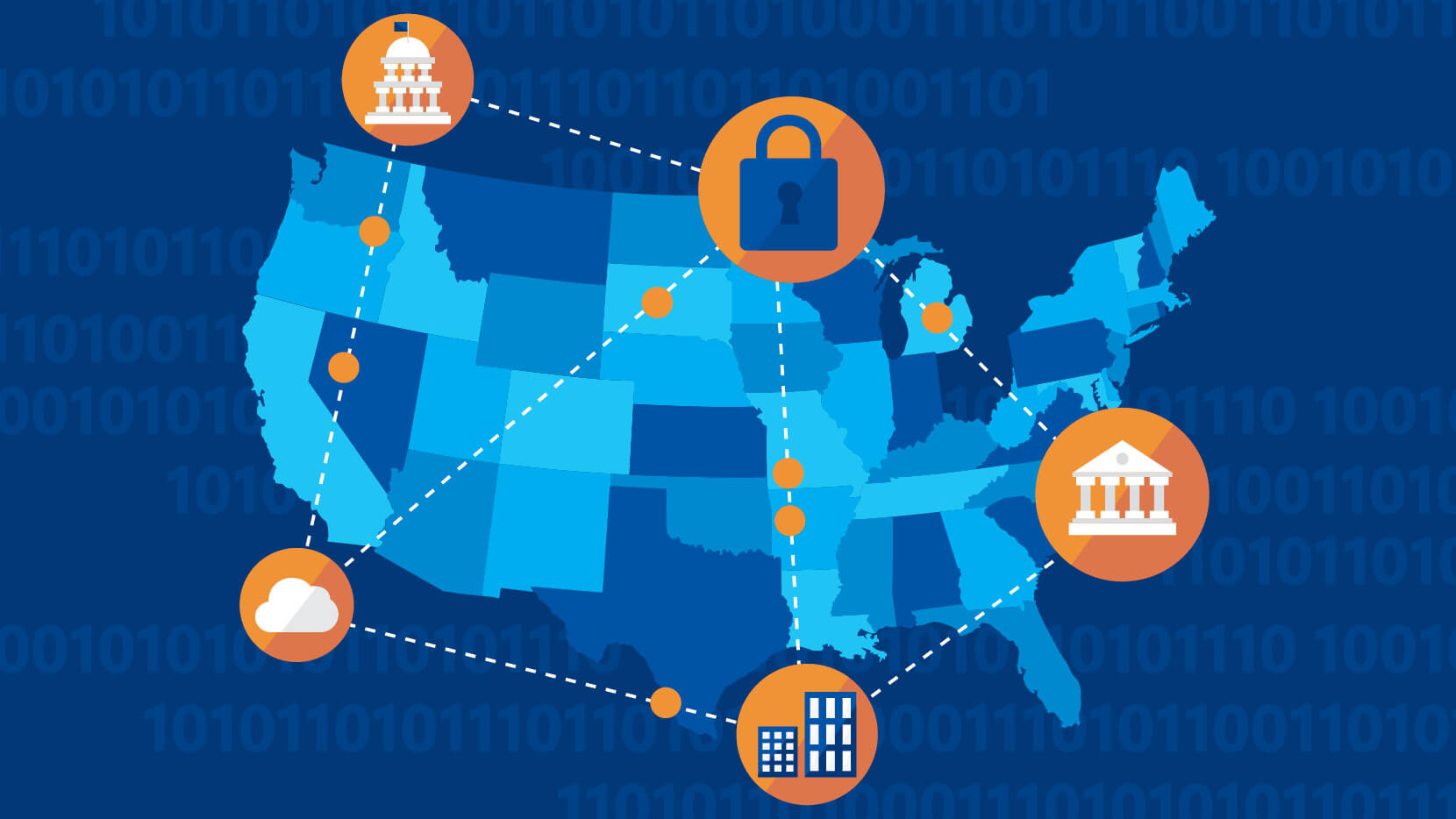Charles Harry is a senior leader, practitioner and researcher with over 20 years of experience in intelligence and cyber operations. Harry is the director of the Center for Governance of Technology and Systems (GoTech) and Associate Research Professor in the School of Public Policy. He holds a joint appointment in the College of Information Studies and serves as the operations director for the university’s Maryland Global Initiative for Cybersecurity (MaGIC) and is a Senior Research Associate at the Center for International and Security Studies at Maryland (CISSM). Harry’s research focuses on categorization and measurement of effects of cyberattack as a means of enabling policy makers to assess strategic risk and assess consequences of strategic cyber attack. His research and commentary has been featured in peer reviewed publications and has been referenced in a variety of print, radio, and televised media including Wired, NPR, al-Hurra, Breaking Defense, Scientific Sense, the Conversation, and the Washington Post. He actively consults for a range of private and public sector organizations including the Department of Energy, the Advance Laboratory for Intelligence and Security (ARLIS), and serves as part of Bain and Company’s external advisor network. Harry teaches undergraduate and graduate courses in cyber policy, security policy, and quantitative methods, and has published a popular cyber policy course offered on the Coursera platform. Harry has also co-founded a University of Maryland incubated start-up, Decision Point Analytics, to assist governments and organizations model and understand systemic risk in their organization and supply chains.
Prior to his work with the university, Harry led and grew a cybersecurity consulting organization combining analysts and developers to deliver innovative solutions to the private and public sector. His public service includes a 14-year career with the National Security Agency rising to the rank of senior technical leader (DISL). He has supported senior policy makers at the White House and has regularly appeared before congressional committees to provide testimony.
Harry holds degrees in economics and history from the University of Colorado, and was awarded a PhD in policy studies from the University of Maryland. He a two time recipient of the Director of National Intelligence Extraordinary Achievement Medal, the Signal Intelligence Career Achievement Medal, and the ODNI Intelligence Integration Medal. His current research focuses on the modeling of complex systems and the role of cyber attacks on the dynamic consequences they imbue on them.
- International security; cybersecurity; data science; complexity theory; intelligence

How can policymakers tackle governance challenges in the face of rapid technological change?
Learn More about Governing Emerging Technologies in the 21st Century
Government, at all levels, spends trillions of tax dollars each year on goods and services. The increasing complex interplay of acquiring, maintaining, and securing these goods and services remains a fundamental supporting activity. To do so government acquisition must be managed and secured in an effective and efficient manner throughout the entire acquisition cycle, from requirements development, through sustainment and disposal.
Learn More about Improving the Practice of Public Sector Acquisition
How can policymakers tackle governance challenges in the face of rapid technological change?
Learn More about Governing Emerging Technologies in the 21st Century
The increasing integration of technology into the complex human processes they support poses a growing challenge to policy makers. While governments have increasingly focused on the range of strategic impacts cyber-attacks can generate, including significant disruptions to critical infrastructure, policy makers have struggled with ways to quantify risk these systems generate. This challenge arises in part by the inability to assess strategic impact across many independent but related organizations that support critical public services, as well as data to address the likelihood these events might occur.
Learn More about Identification and Management of Cyber Risk in Complex Organizations and Critical InfrastructureSchool Authors: Charles Harry, Ido Sivan-Sevilla
Other Authors: Mark McDermott
School Authors: Charles Harry
School Authors: Charles Harry, Ido Sivan-Sevilla
Other Authors: Mark McDermott, Rishipal Yadav, Ann Daley
School Authors: Charles Harry, Nancy Gallagher
School Authors: Charles Harry, Skanda Vivek
School Authors: Skanda Vivek, Charles Harry
Other Authors: Skanda Vivek, Charles Harry
School Authors: Charles Harry
Other Authors: Charles Harry
School Authors: Charles Harry, Nancy Gallagher




















